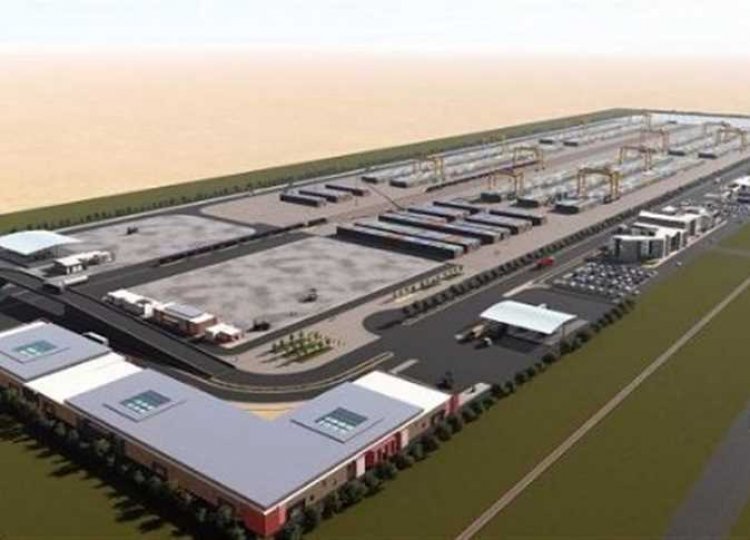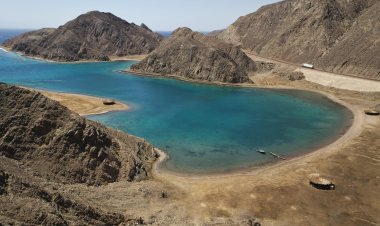Reaches 200 billion dollars.. Emerging economies require huge funds
The National Platform for Green Projects, the “Novi” program, is based on the comprehensive development approach implemented by Egypt.

Investments in resilient infrastructure enhance resilience to climate change and stimulate the competitiveness of economies by developing the level of services provided to citizens in all sectors.
Partnerships between the public and private sectors
Dr. Rania Al-Mashat, Minister of International Cooperation, said during her interview with the "Resilience Coalition" of the World Economic Forum "WEF" that partnerships between the government and private sectors are necessary in order to build more resilient societies and economies and stimulate measures that achieve sustainable and inclusive growth and give priority to investments that Enhance the ability to mitigate the risks of future shocks.

She pointed out that the estimates of the United Nations Environment Program, which expected that the costs of adaptation in countries would reach about 300 billion dollars annually by 2030, and that the needs of low-income countries have doubled to reach 200 billion dollars, and may reach 450 billion dollars if these countries want to catch up with the economies. According to the International Monetary Fund, which increases the burden on these countries to combat climate change.
She explained that Egypt follows a clear approach to partnership between the government and private sectors in many priority sectors, and the Ministry of International Cooperation is working to strengthen this approach through international partnerships, and among the most important implemented projects:
1- The first dry port in Egypt, 6th of October City, which is being implemented in partnership between the government and private sectors, with funds from development partners.

2- Announcing partnership agreements and letters of intent to finance the projects of the National Platform for Green Projects, the "Novi" program.
3- The launch of the "Novi" program was similar to the initiative launched by the Group of Seven (G7) countries, to launch just transition platforms in the energy sector under the name Just Transition Platform (JTP), with the aim of encouraging countries that depend on coal for energy generation to switch to renewable energy sources in order to reduce emissions.

4- A national platform for green projects has been launched, to become a regional model and an international approach, for countries that do not pollute the environment and that contribute in lower rates of emissions, especially developing countries and emerging economies and countries on the continent of Africa, enabling them to attract funds to face the repercussions of climate change and also to enhance green transformation efforts and implement their specific contribution nationally through private sector climate investments.
5- The National Platform for Green Projects, the “Novi” program, is based on the comprehensive development approach implemented by Egypt, as the nine projects included in the program in the water, food and energy sectors seek to achieve development across the different geographical regions in Egypt, which are the Nile Valley, the Delta and the White Sea coast. The Mediterranean, the Red Sea, the Eastern Desert, the Suez Canal region, Sinai, the Western Desert, and the Bahariya Oasis, which reflects the comprehensiveness and breadth of development efforts, and the state’s endeavor to achieve comprehensive sustainable development for all segments of society and in all parts of Egypt.

6- Issuing the “Sharm El-Sheikh Guide to Fair Financing”, which is one of the initiatives adopted by the Egyptian presidency of the COP27 climate conference, which aims to stimulate climate-related financing, strengthen multilateral cooperation efforts and international partnerships, and develop an international framework for innovative financing, in light of the challenges facing countries. Developing and emerging economies, especially the countries of the African continent, have access to financing to achieve their ambitions in the climate agenda, in light of the exacerbation of the climate financing gap, especially in the wake of the Corona pandemic.
7- The total flows of climate finance in 2019-2020 amounted to about $632 billion, of which only 7.2%, or about $46 billion, were directed to adaptation, and 2.3% of these funds, or about $15 billion, were directed to adaptation and mitigation projects.


 Shrouq
Shrouq 












